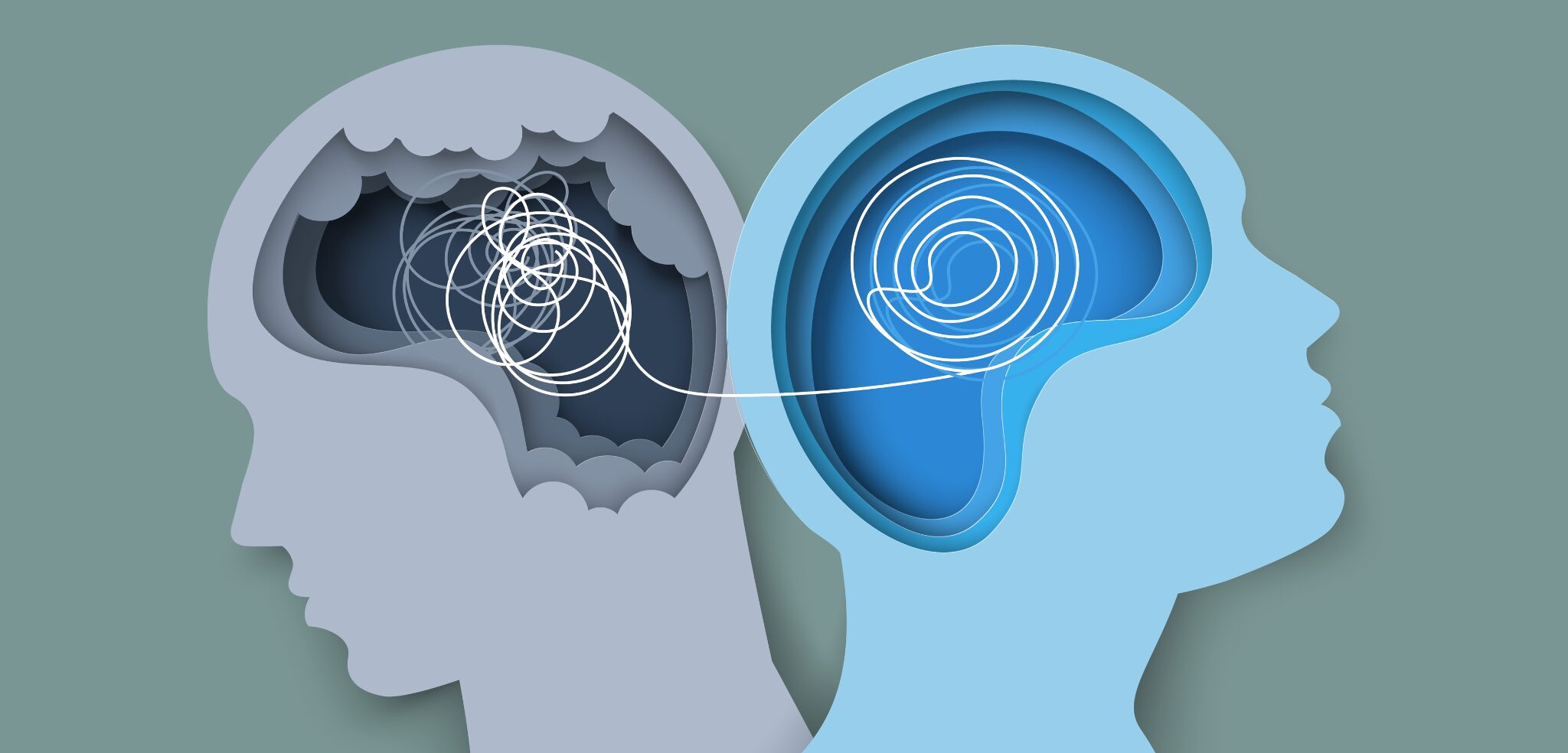Inpatient Mental Wellness Solutions: A Course to Healing and Stability
Inpatient mental wellness solutions play a vital role in addressing severe mental situations, using a carefully structured setting that promotes recovery and security. The intricacies of the admission procedure and the relevance of aftercare raise crucial inquiries regarding accessibility and efficacy in the more comprehensive context of psychological health treatment.
Understanding Inpatient Mental Health And Wellness Providers
Inpatient mental health services are crucial for supplying organized and extensive treatment to people experiencing serious mental distress or psychological health problem. These solutions usually include the admission of individuals to specialized centers where they receive day-and-night supervision and assistance from a multidisciplinary group of psychological wellness professionals. The main goal of inpatient treatment is to support individuals, ensuring their safety and security and resolving intense signs that may pose a risk to themselves or others.
Inpatient programs commonly consist of an array of therapeutic interventions, consisting of specific and team therapy, medicine administration, and psychoeducation. The organized environment is designed to promote recuperation by offering a consistent routine, minimizing external stressors, and promoting the growth of dealing strategies.
Admission to inpatient services is usually considered when outpatient treatment alternatives have actually confirmed inadequate or when a person is in dilemma. Facilities might differ in regards to their certain focus, with some focusing on specific conditions such as clinical depression, compound, or anxiousness use. Through extensive assessments and customized treatment strategies, inpatient psychological health services aim to provide the needed support for individuals to gain back security and plan for a shift to much less extensive levels of care.
Advantages of Inpatient Care
The advantages of inpatient care are substantial, particularly for individuals encountering severe psychological health difficulties. Inpatient therapy offers a structured setting that fosters recuperation by lowering stressors and diversions related to day-to-day life. This controlled setting allows individuals to concentrate exclusively on their mental wellness, helping with the required time for recovery.
Moreover, inpatient care offers 24/7 accessibility to therapeutic and medical assistance. This constant availability ensures that people can receive immediate focus throughout crises, which is crucial for those experiencing severe episodes - Inpatient Mental Health Program. The joint method among clinical team, including specialists, nurses, and psychoanalysts, improves the quality of care and advertises a comprehensive treatment plan customized to private needs
Furthermore, the public aspect of inpatient treatment cultivates a feeling of belonging and support among people. Group treatment sessions and shared experiences can minimize feelings of seclusion, motivating individuals to engage in their recuperation proactively.
Furthermore, inpatient programs commonly provide individuals with vital coping strategies and abilities that can be testing to create in outpatient settings. By resolving underlying problems within an encouraging framework, inpatient treatment can result in extra steady end results and a smoother shift back to everyday life, inevitably paving the course to sustained healing.
Treatment Methods and Therapies
Various treatment methods and treatments are used in inpatient mental wellness solutions to address the special demands of each person. These techniques are made to facilitate recovery and promote psychological security in a structured atmosphere.

Cognitive Behavior Treatment (CBT) is a commonly utilized strategy, assisting individuals in identifying and modifying unfavorable visit the site idea patterns that add to their psychological health and wellness issues - mental health services. Dialectical Behavior Modification (DBT) is one more efficient approach, especially for those with borderline personality problem, concentrating on emotional law and interpersonal effectiveness
Pharmacotherapy plays a critical duty in therapy, with psychological medications suggested to handle signs and symptoms of problems such as anxiousness, schizophrenia, and anxiety. Regular surveillance and changes guarantee the performance of these medications while lessening negative effects.
Group therapy cultivates a feeling of area and support among people, enabling them to share experiences and coping methods. Additionally, alternative treatments, such as art and songs treatment, advertise self-expression and emotional recovery.
Ultimately, the mix of these diverse restorative methods provides a comprehensive therapy strategy tailored to every client's details requirements, aiming to improve their overall wellness and help with a successful transition back into daily life.
The Admission Process
Browsing the admission process for mental health services is an important very first step toward recovery. Throughout this evaluation, the person's psychological health history, signs and symptoms, and instant demands are completely examined.
Once the evaluation is finished, the following step entails going over the prospective therapy choices. The private and the treatment group collaboratively select the most effective strategy, which may consist of inpatient treatment if the situation is regarded extreme. This is adhered to by the conclusion of required documents, including insurance verification and authorization types, to guarantee that all lawful and monetary facets are addressed.
In addition, family involvement may be encouraged throughout see this stage to supply support and collect perspectives on the person's scenario. Eventually, the admission process intends to create a safe and helpful environment for the patient, enabling a smooth shift right into inpatient care. By comprehending and participating in this procedure, individuals can take an essential step towards achieving mental health and wellness security and recovery.

Aftercare and Ongoing Assistance
After finishing an inpatient mental health and wellness program, people often deal with the vital task of transitioning to aftercare and continuous assistance, which are crucial for sustained recuperation. This stage is vital for enhancing the skills and coping devices learned during the inpatient keep, making certain that people proceed to progress in their psychological wellness trip.
Aftercare commonly includes a mix of outpatient treatment sessions, support system, and medication management. Engaging in regular treatment enables individuals to deal with ongoing challenges and establish approaches to handle stress factors in their day-to-days live. Support system provide a feeling of area and common experience, fostering link and understanding among peers facing similar struggles.
Additionally, continuous assistance may include household participation, where enjoyed ones are enlightened regarding mental wellness problems and encouraged to take part in the healing procedure. This alternative technique develops a robust support network, boosting the person's possibilities of lasting stability.
Inevitably, aftercare and recurring assistance work as a bridge in between inpatient therapy and independent living, equipping individuals to navigate their mental health and wellness obstacles with resilience and confidence. Prioritizing these sources is crucial for fostering a lasting recovery trajectory.
Verdict

Inpatient mental health and wellness solutions play a critical duty in resolving acute psychological dilemmas, offering a thoroughly organized environment that promotes healing and security.Inpatient mental wellness solutions are crucial for providing organized and extensive care to individuals experiencing extreme emotional distress or psychological ailment. Through detailed analyses and customized therapy strategies, inpatient mental health and wellness solutions aim to supply the required support for individuals to gain back stability and prepare for a shift to less intensive levels of treatment.
